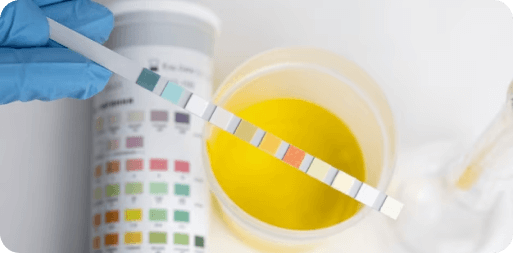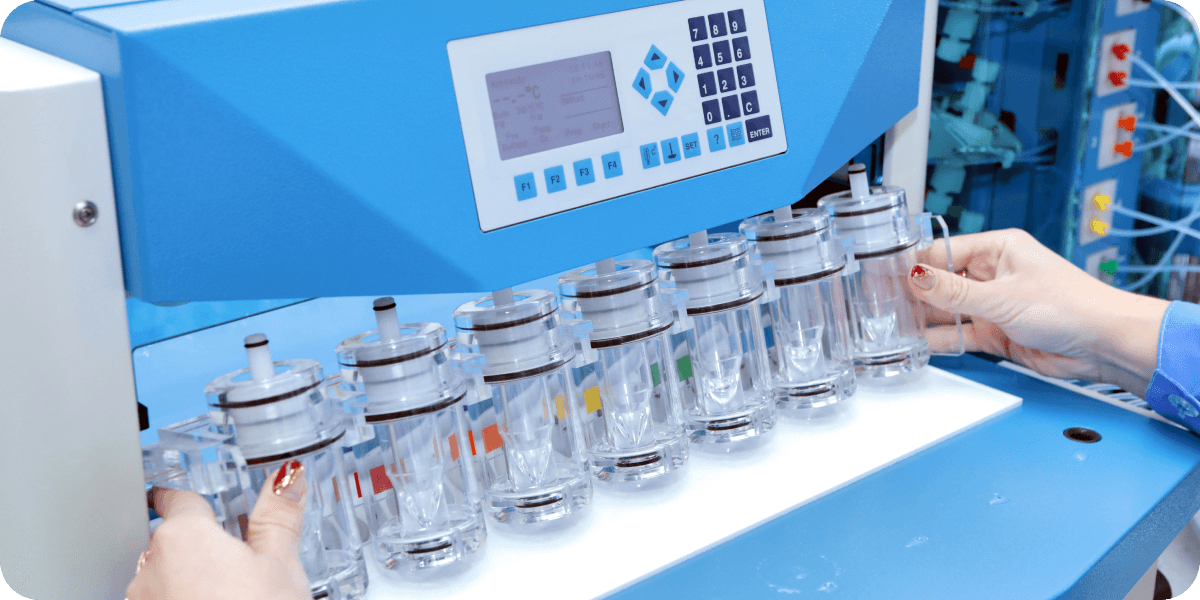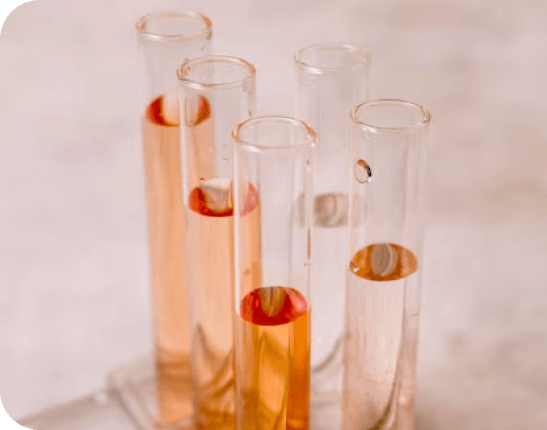Types of Tests Required
Because alcohol is a legal substance, alcohol testing is authorized on during, just before, or just after the employee performs safety-sensitive functions.


Alcohol testing is an integral part of a successful drug and alcohol testing program. Nationwide Testing Association, Inc., has thousands of collection sites nationwide to help facilitate your alcohol testing needs. If you need help locating a collection site, contact us at 1.800.452.0030.
Regulations quoted below are from 49 CFR Part 382 Subpart B as pertaining to drivers of commercial motor vehicles regarding controlled substance use.
Because alcohol is a legal substance, alcohol testing is authorized on during, just before, or just after the employee performs safety-sensitive functions.

The current FMCSA random testing rate of safety-sensitive employees is required at 10% of employees per year. This testing must be evenly spread throughout the year and the selection process must be made by a scientifically valid method. NTA, Inc.’s clients may choose a random selection frequency of weekly, monthly, quarterly, or annually. Our random lists are electronically generated by a computer program written to meet government standards. Each time a selection is made, every employee has an equal chance of being chosen.
Companies with 7 or fewer eligible employees may be placed in a consortium. Consortiums are random testing pools that consist of employees from many different companies. Selection percentages are met by the entire consortium and are spread evenly throughout the year on a quarterly basis. All participants in the consortium must complete testing or they will be removed and set up as an independent pool.

Post accident alcohol testing is required within 2-8 hours of an accident where any of the following have taken place:
Medical attention is not to be delayed in order for these tests to be completed. If tests are not completed, the employer must have a reasonable explanation and document accordingly.
An employee is required to submit to reasonable suspicion testing when a *trained supervisor or company official has reason to believe that the employee has violated the prohibitions of CFR 382 subpart. The observations must be based on specific aspects concerning the appearance, behavior, speech, or body odors of the employee and must be documented accordingly.
Subsequent to completing treatment after a positive alcohol test and being released by a DOT qualified SAP to the employer, an employee can return to safety-sensitive duties after the employer ensures that a return to duty test is administered and a verified negative result is received.
Upon receipt of a negative Return to Duty test, the employer must direct the driver to complete at least 6 unannounced follow-up tests in addition to required random and post-accident testing during the first 12 months back at work after completing treatment. the DOT qualified SAP will provide the employer with a schedule for testing. The SAP may require more than 6 tests for longer than the 12 month period.
A test is considered to be positive under any of the following situations:
A confirmation result of 0.04 or greater
Refusal to complete and sign the breath alcohol testing form
Refusal to provide breath
Refusal to provide an adequate amount of breath
Refusal toother wise cooperate with the testing process